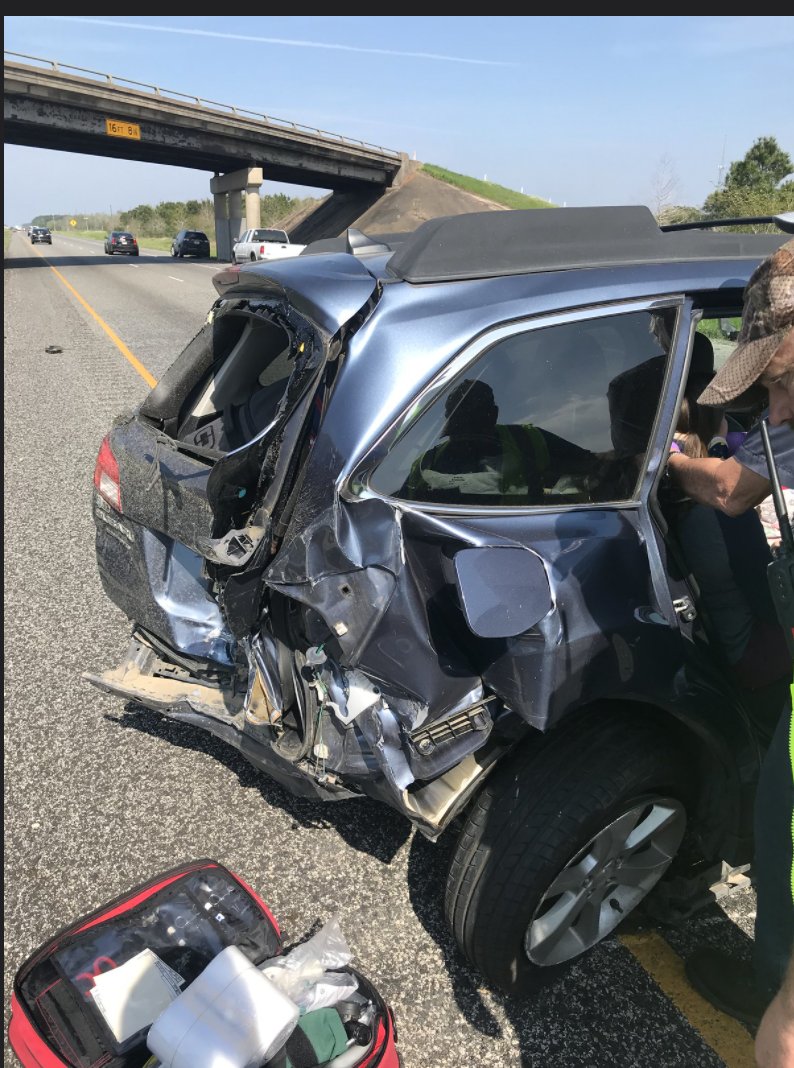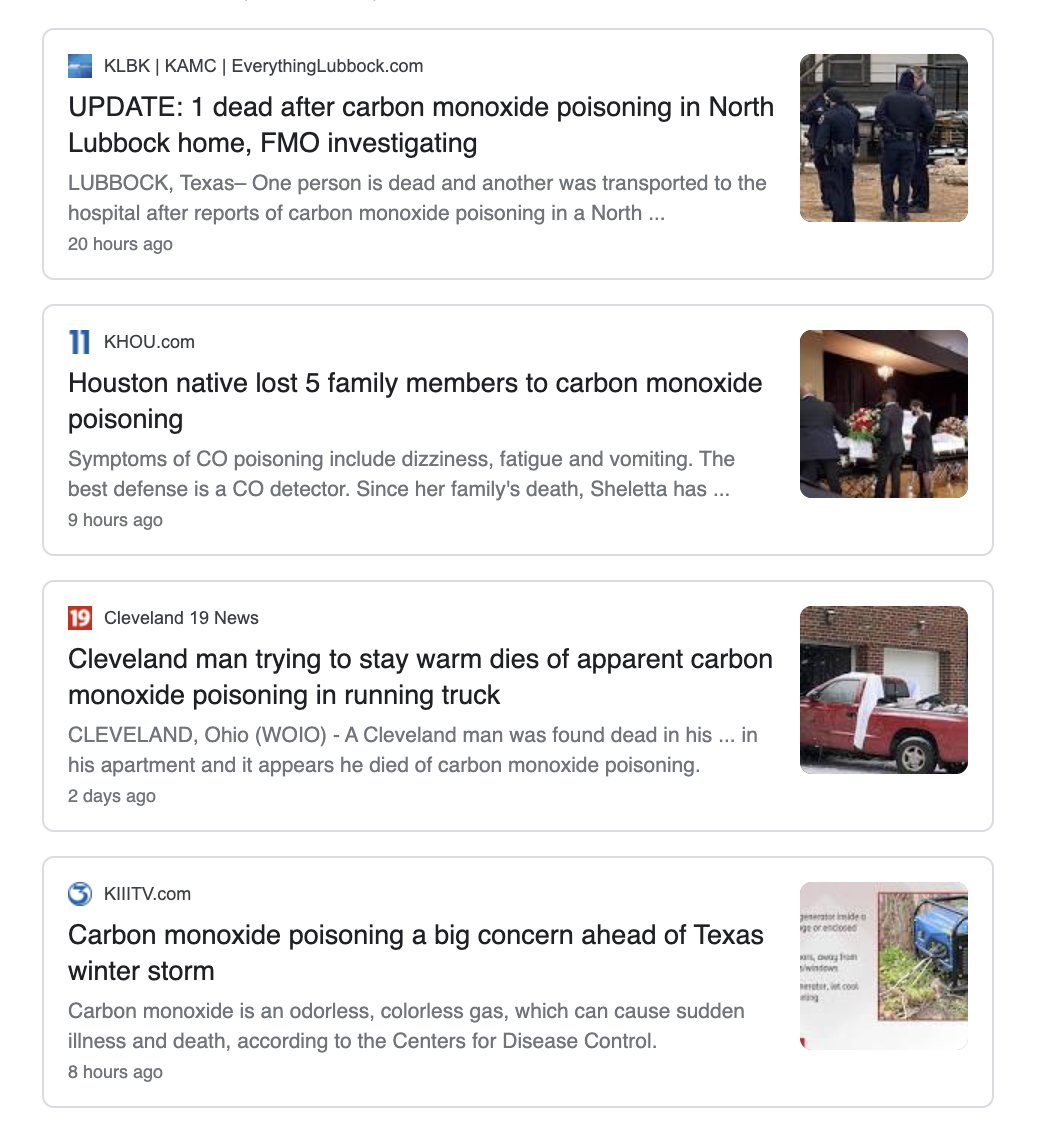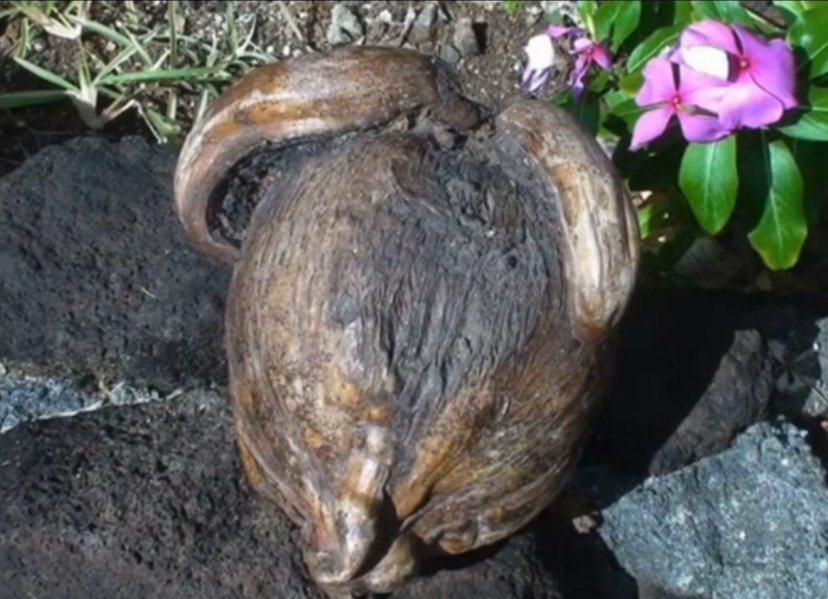A necessary clarification needs to be made with regards to securities laws because I’ve been seeing a theory lately not based on law but based on false presumptions. Before I do so, I want to note that I DO NOT think that XRP is a security (before I get “FUD” responses). 1/
More from Legal
In the United States, car accidents are one of the leading causes of death and injury for children under the age of 18. https://t.co/RrYVtaoFRd 2/
A few years ago my family and I were driving from visiting relatives in Texas when we were stuck in traffic on the I-10. We were at a complete dead stop when a woman (texting) in a Suburban hit us at 70 mph. She crushed the back of our car like a soda can. 3/

Thankfully, our two-year-old was in a good carseat and I absorbed the brunt of the injuries with a few shards of glass in my scalp. I won't show those pictures! While a high speed rail network along the Gulf Coast may have not prevented that accident, it could prevent most. 4/
Electrifying household appliances will reduce our 'dependence' on natural gas and transmission methane leaks, but the switch will also cut the number of carbon monoxide poisonings and natural gas related explosions that kill Americans everyday. 5/

You May Also Like
Like company moats, your personal moat should be a competitive advantage that is not only durable—it should also compound over time.
Characteristics of a personal moat below:
I'm increasingly interested in the idea of "personal moats" in the context of careers.
— Erik Torenberg (@eriktorenberg) November 22, 2018
Moats should be:
- Hard to learn and hard to do (but perhaps easier for you)
- Skills that are rare and valuable
- Legible
- Compounding over time
- Unique to your own talents & interests https://t.co/bB3k1YcH5b
2/ Like a company moat, you want to build career capital while you sleep.
As Andrew Chen noted:
People talk about \u201cpassive income\u201d a lot but not about \u201cpassive social capital\u201d or \u201cpassive networking\u201d or \u201cpassive knowledge gaining\u201d but that\u2019s what you can architect if you have a thing and it grows over time without intensive constant effort to sustain it
— Andrew Chen (@andrewchen) November 22, 2018
3/ You don’t want to build a competitive advantage that is fleeting or that will get commoditized
Things that might get commoditized over time (some longer than
Things that look like moats but likely aren\u2019t or may fade:
— Erik Torenberg (@eriktorenberg) November 22, 2018
- Proprietary networks
- Being something other than one of the best at any tournament style-game
- Many "awards"
- Twitter followers or general reach without "respect"
- Anything that depends on information asymmetry https://t.co/abjxesVIh9
4/ Before the arrival of recorded music, what used to be scarce was the actual music itself — required an in-person artist.
After recorded music, the music itself became abundant and what became scarce was curation, distribution, and self space.
5/ Similarly, in careers, what used to be (more) scarce were things like ideas, money, and exclusive relationships.
In the internet economy, what has become scarce are things like specific knowledge, rare & valuable skills, and great reputations.






























